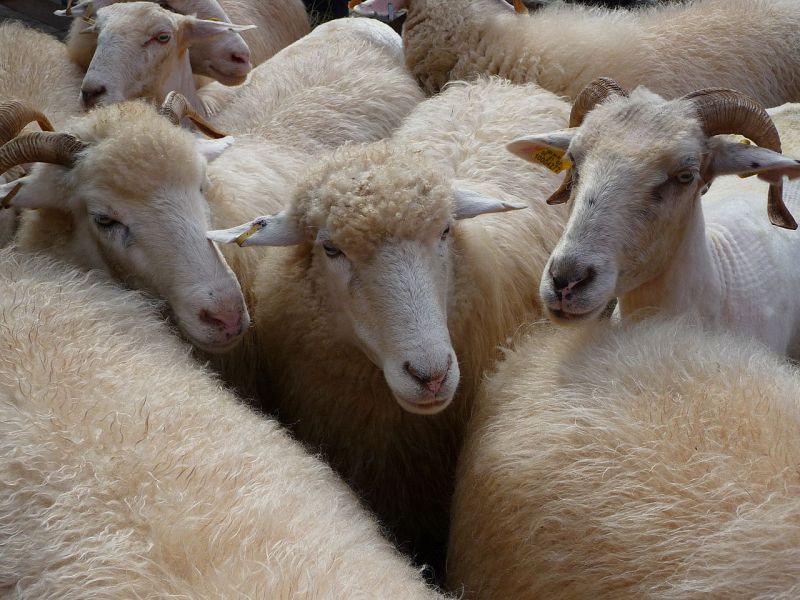
Beef and sheep farmers should be vigilant for signs of chronic liver fluke following a mild and wet winter- according to the latest NADIS Parasite Forecast sponsored by Merial Animal Health.
Despite predicting a low to moderate risk of liver fluke this winter, NADIS is advising that chronic liver fluke still poses a real threat and farmers should check their sheep and cattle now for evidence of fluke to avoid losses.
In sheep, poor scanning results in late winter may be the first sign that there is a liver fluke problem. It may also be limited to just one group of animals depending on autumn/winter grazing patterns.
Sioned Timothy, Merial Animal Health’s Ruminant Technical Manager says: “Not all sheep with a fluke burden develop ‘bottle jaw’. Weight loss or poor condition may be the only signs of a problem, but should be investigated. Faecal samples from around 10 ewes will identify patent fluke infection within the flock.”
Triclabendazole is the only flukicide effective against acute fluke but alternative products, including those containing nitroxynil (Trodax®) and closantel are effective against fluke from seven weeks post-infection and can be used for the treatment of chronic fluke disease in cattle and sheep.
Following any treatment sheep should be moved to a clean pasture. Supplementary feeding may be necessary to maintain condition. Treatment now will also help to reduce pasture contamination in the coming year.
Store lambs and yearlings may remain at risk of parasitic gastroenteritis following the mild weather which allowed larval development to continue into the winter months. The risk may be carried into February and the need to dose out-wintered store or replacement lambs can be assessed by monitoring pooled faecal egg counts during the winter months.
Cattle farmers should also remain vigilant for the production limiting effects of chronic fluke infection.
“Fluke burden in cattle can significantly increase finishing times and in turn, cost farmers money,” says Ms Timothy.
“In spite of increased awareness infection remains widespread, with 25% of bovine livers condemned by slaughterhouses because of fluke damage. Asking the abattoir for feedback on liver condemnation can really help identify a fluke issue within the herd, allowing an effective control plan to be developed and implemented to reduce future losses.”
Cattle grazing potentially infected pastures should either have faecal egg counts performed to check for evidence of infection or receive appropriate treatment. Farmers can choose to use a straight fluke product such as Trodax® (nitroxynil) alongside an existing worm treatment. Alternatively a combination endectocide product such as Ivomec® Super (ivermectin and clorsulon) provides treatment for adult fluke and roundworms.
